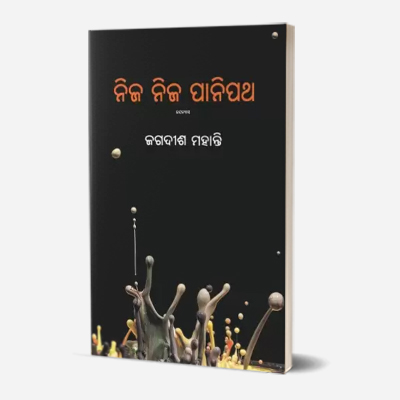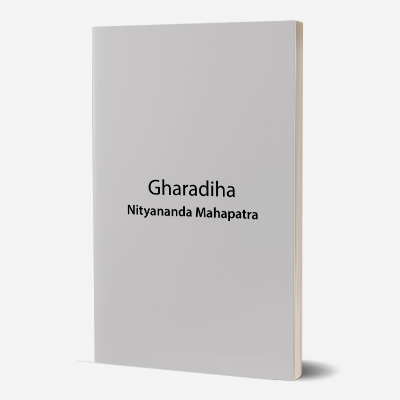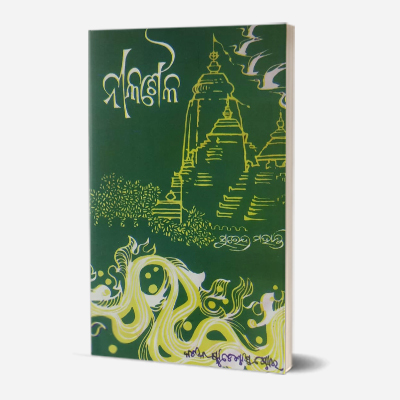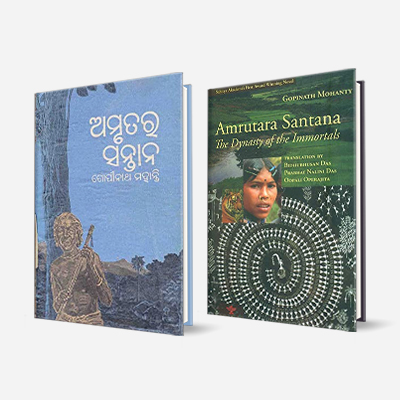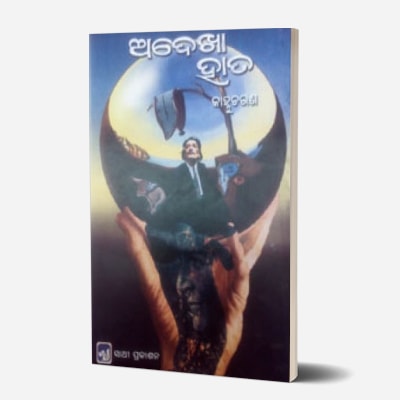Nija Nija Panipatha
By Jagadish Mohanty
The novel Nija Nija Panipatha deals with life and union-politics in the remote Tarbahar Colliery in the backwaters of a small western Odisha town. It focuses on the characters’ psyches and shows how the seeds of their sense of victimhood lie in their personal history of trauma and suffering. Deshmukh is a high-level officer in the colliery and Harishankar Patnaik is a down-at-heels working class leader. But they are alike in their feeling of vulnerability in the face of larger impersonal forces. With a true novelist’s gift Mohanty has individualized them, thus rendering them complex and immune to stereotyping. Pradyumna, a middle-class Brahmin boy, had to assume the identity of Samaru khadia, a tribal folk, while purchasing a job from the mafia. Coal India has a policy to offer employment to the people whose lands have been acquired. Many tribal people opted for instant money in lieu of such jobs. Local mafia targeted those individuals and resold the jobs. Pradyumna becomes a victim of the system as the plot gradually develops. There is no dearth of suspense and action in this fast-paced narrative, punctuated with face offs between the workers’ union and management, jealousies among officers, fiery speeches, fights between rival trade unions, based on opposing ideologies of Marx and Gandhi. Never before in Odia was a novel that delineated so realistically the gloomy, soot-blackened, and conflict-torn human environment that has come to be known as industrial. In Nija Nija Panipatha, Mohanty draws on social realism, psychoanalysis and existentialism to create a complete experience of the ‘industrial novel’ in Indian literature. The English translation of Nija Nija Panipatha will be released soon by Penguin Random House.
About the Author
Jagadish Mohanty (February 17, 1951 – December 29, 2013) is well known as the ‘trendsetter’ of modern Odia fiction. He has published 5 novels and 14 short story collections in Odia to his credit. His stories have been translated in English, Hindi, Bengali, Malayalam and Telugu. He edited two literary journals, Pallab from 1971 to 1974 and Sambartak from 1981 to 1983, which have given a revolutionary impact on the history of Odia literature. For the novel Kaniska Kaniska, he was awarded the Odisha Sahitya Academy award in 1989 and for the short story collection Suna Ilisi, he was awarded Sarala Puraskar in 2003.
